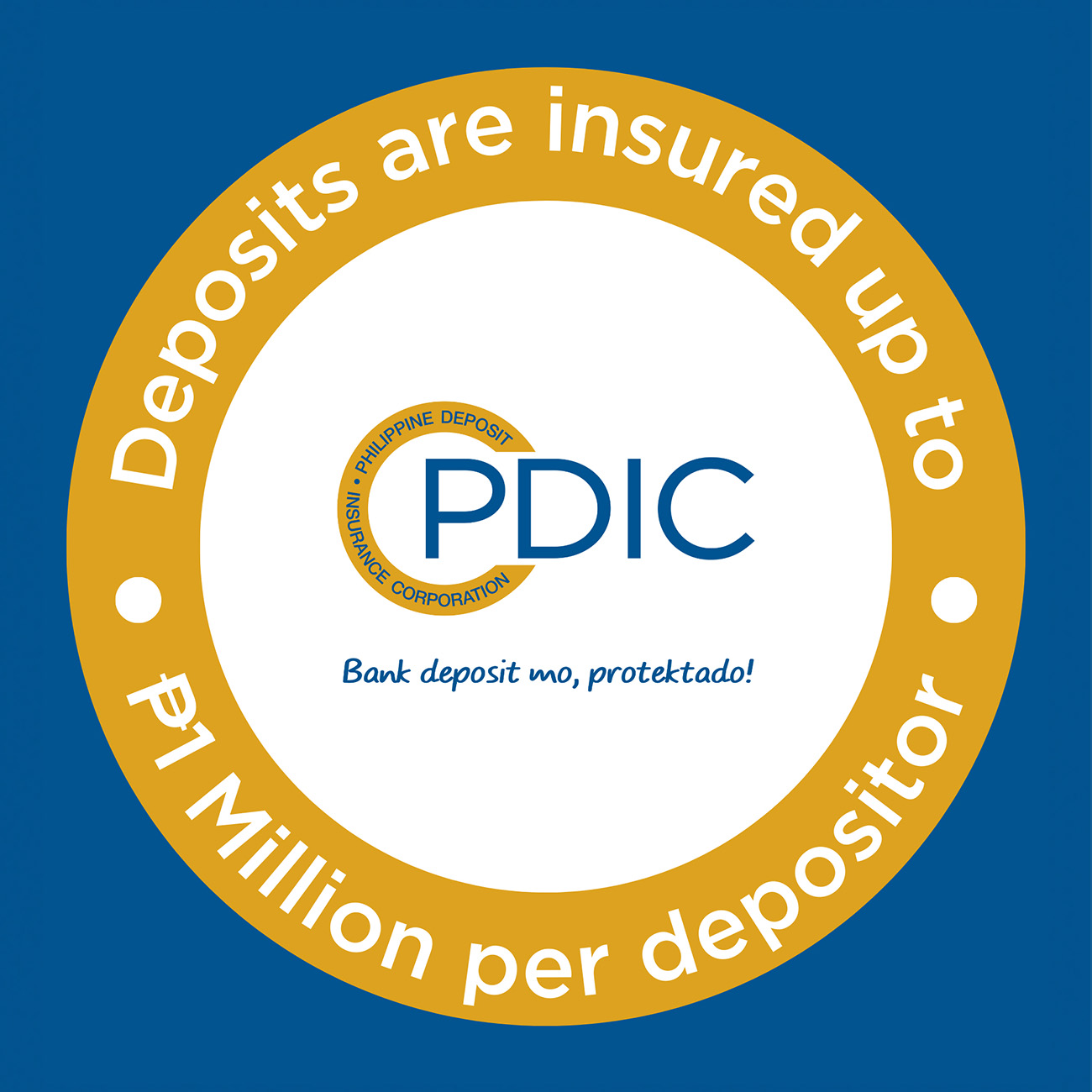With the seemingly endless rise of prices these days, managing money is more important than ever. While there’s not much we can do to slow the rate of inflation, there is one financial tool to help you from drowning in stress: budgeting.
Learning how to budget can seem a bit daunting for beginners. There are many ways to allocate your money, track your expenses, and manage spending. But if you don’t know where to start, don’t worry – we’ve got your back.
Here are three fundamental budgeting techniques that will get you budgeting like a boss in no time:
Secure your savings
If you don’t already have one, opening a bank account is the first step to effectively managing your budget. Consider a bank account that not only handles your hard-earned income securely, but has access to online and mobile banking. Take advantage of bank app features like scheduling bill payments, monitoring balances, and tracking spending. And lastly, putting your money in a bank account will make it earn interest, allowing you to generate a little bit of income without having to do anything.
Track your expenses
Keeping a close eye on the money that you spend is crucial to budgeting. Knowing what you spend on regularly will allow you to allocate your income properly, and set aside an amount for incidental expenses.
Discipline is a key ingredient to doing this effectively, so it’s best to make this process as easy for you as possible – create a tracker or explore using a tracking app and set up recurring reminders on your phone so you don’t forget to input your expenses. Once you get this all going, it’ll be easier to set budget goals, monitor spending habits, and track savings progress.
Apply the 50-30-20 rule
This classic budgeting “rule” is a simple but effective strategy for getting a handle on your finances. It goes like this: Allocate the first 50% of your income to basic needs such as food, rent, electricity, water, groceries, and transportation. The next 30% goes toward your “wants,” or optional expenses like vacations, shopping, hobbies, and the like. The remaining 20% then goes toward savings, emergency funds, and debt settlement.
Using this budgeting principle is a good way to keep things balanced – it allows you to cover your necessities and indulge while still securing your financial future.
Don’t let handling your finances scare you – it’s easier than you think. Budgeting is just the beginning of securing a financially successful future, and with the right financial education, it’ll be easy to make your money work for you.
Watch this space as we share more tips for achieving financial fitness. Visit The Program for more content like this.





